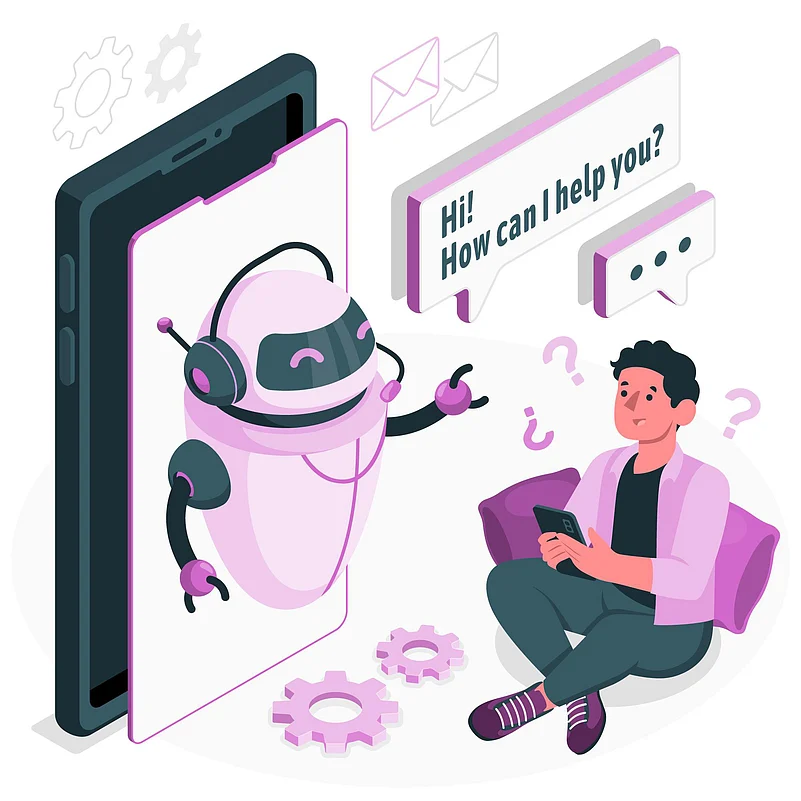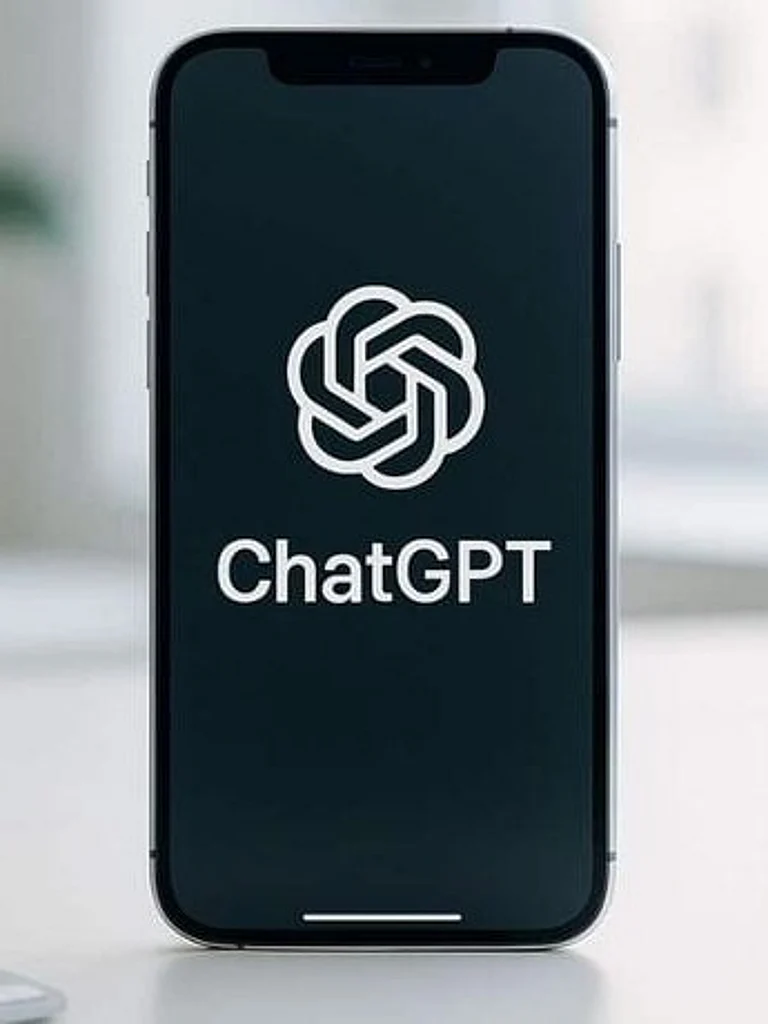As fast as the AI industry is growing, new trends are being introduced to the ecosystem even faster. ‘AI agents’ is the new buzzword in the tech industry. Tech start‑ups and entrepreneurs have moved on from talking about AI models to the utility of AI agents.
OpenAI CEO Sam Altman recently stated that agents will "join the workforce" within this year, while Microsoft CEO Satya Nadella predicted that agents will replace certain knowledge work. Meanwhile, Salesforce CEO Marc Benioff declared that Salesforce aims to become "the number one provider of digital labor in the world" through its various "agentic" services.
AI Agents Development
As Silicon Valley continues to be bullish on AI agents, we are already getting to see some developments in that direction.
A week ago, Chinese start‑up Monica unveiled its AI agent named Manus. The start‑up claims the agent to be effectively designed to solve complex problems in both professional and personal settings.
Manus is a fully autonomous AI agent that operates asynchronously in the cloud, requiring no repeated prompts or supervision. It efficiently handles time‑consuming tasks, such as reviewing a folder of resumes, conducting detailed analyses, and generating comprehensive rankings in multiple formats like CSV or Excel.
This launch follows the recent global attention gained by Chinese AI start‑up DeepSeek, which sparked discussions about its competition with Sam Altman’s ChatGPT.
Meanwhile, OpenAI recently introduced new tools aimed at helping developers and enterprises build AI agents. These tools are part of OpenAI's new Responses API, which enables businesses to create custom AI agents capable of performing web searches, scanning company files, and navigating websites, similar to OpenAI's Operator product.
What are AI Agents?
There is not one standard definition of the term ‘AI agents,’ different tech companies have provided their own interpretation of the term, creating confusion around the actual meaning of it.
OpenAI defines agents as automated systems capable of independently completing tasks for users. However, its developer documentation describes agents as LLMs equipped with instructions and tools.
Microsoft differentiates agents from AI assistants, labeling agents as “new apps” designed for specialized expertise, while assistants handle general tasks like email drafting.
HubSpot’s Dharmesh Shah offered a balanced view during his INBOUND keynote, describing agents as AI‑powered software capable of achieving multi‑step goals. He clarified that while some agents may operate autonomously or include planning features, these are enhancements rather than essential traits for an AI agent.
A standard definition of AI agents could be that given by Google, that AI agents are software systems that use AI to pursue goals and complete tasks on behalf of users. They show reasoning, planning, and memory and have a level of autonomy to make decisions, learn, and adapt.
For example, AlphaGo by DeepMind is considered as an AI agent because of its autonomous decision‑making and strategic gameplay in the complex board game Go.
AlphaGo operates independently, analyzing the board, predicting possible moves, and selecting optimal strategies to maximize its chances of winning. Its use of reinforcement learning and deep neural networks allows it to improve through experience. Initially trained on human games, AlphaGo later adopted a self‑play method, enabling it to refine its strategies without human input.
Difference Between AI Agents, AI Assistant & AI Bot
The terms AI agents, AI assistants, and AI bots are often used interchangeably, yet they differ in functionality, scope, and purpose.
AI agents are autonomous systems designed to make decisions and take actions to achieve specific goals. Operating independently in dynamic environments, they often use reinforcement learning or advanced planning algorithms. Self‑driving cars, which analyze surroundings to make driving decisions, and automated stock trading systems that execute trades based on market trends, are common examples.
AI assistants are interactive systems that assist users by providing information or performing actions. Relying on natural language processing (NLP), they are often integrated into devices or platforms. Siri, Alexa, and Google Assistant handle commands, set reminders, and control smart devices. Productivity tools like Microsoft 365’s Copilot also fall under this category.
AI bots are conversational systems designed for specific interactions, often used in customer support, sales, or information delivery. For example, ChatGPT supports conversational engagement, Intercom manages customer queries, and Woebot offers therapy‑like guidance as a mental health chatbot.
































